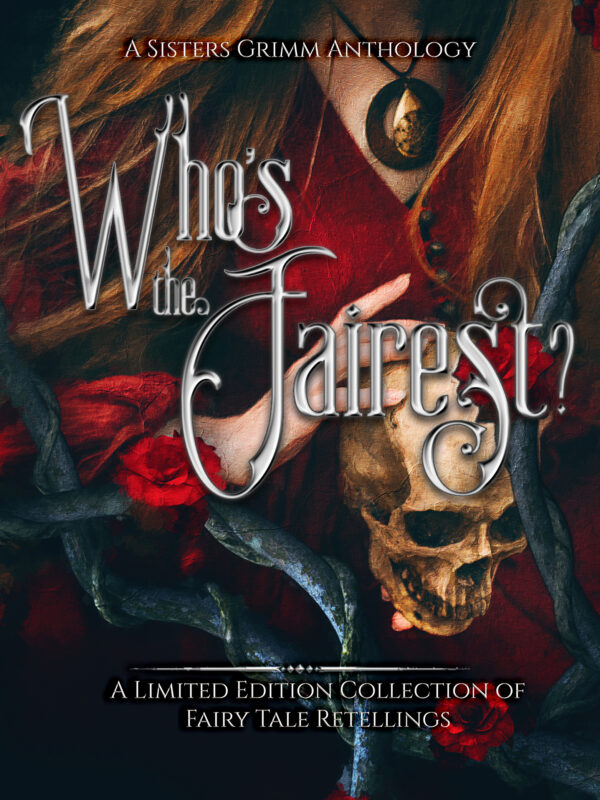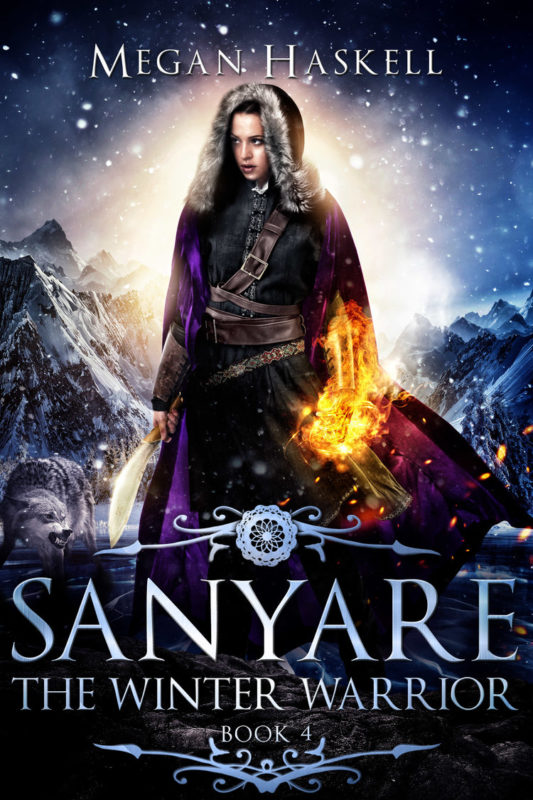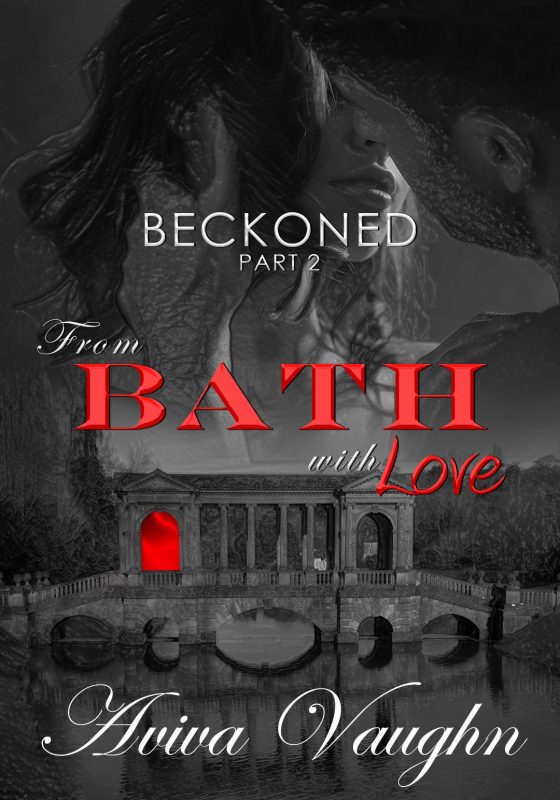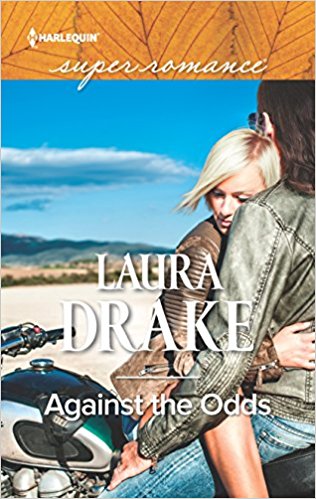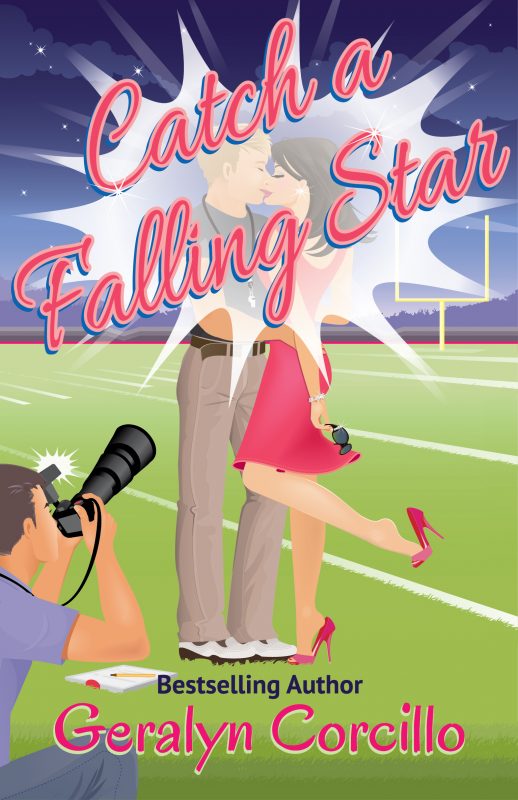Time Management Podcasts and Classes
December 9, 2017 by Kitty Bucholtz in category It's Worth It by Kitty Bucholtz, Writing tagged as It's Worth It, Kitty Bucholtz, Online Class, podcasts, Write Now Workshop I’m excited to tell you about a few pretty cool things coming up! First of all, I’m finally starting my podcast! Woohoo!!
I’m excited to tell you about a few pretty cool things coming up! First of all, I’m finally starting my podcast! Woohoo!!
The WRITE NOW! Workshop Podcast is expected to launch on Thursday, December 21, 2017. This will be an opportunity for me to share things I’ve learned with you and anyone in the world who tunes in to listen! I’ll post the link back here when it launches, and in my January 9th post. You’ll be able to listen using the Podcast app on your phone via iTunes, or other apps like Stitcher, or you can listen directly on the website. I’ll even have some of the interviews up on my YouTube channel!
The podcast will have three shorter episodes a week instead of one longer one. (If you listen to Mark Dawson’s Self-Publishing Formula Podcast or The Creative Penn Podcast, my two faves, they are both generally around an hour.) On Tuesdays, I’ll present a short teaching topic on something you can use in your writing right away. On Thursdays, I’ll interview a writer or editor or someone helpful to you in the publishing industry. I’ve already interviewed our own Jacqueline Diamond, James Scott Bell, and several others. Then Sundays will be my Encouraging Words segment. I’m really excited to have an opportunity to share all sorts of encouragement with you. This can be a difficult career, and I love helping people feel like they can make it!
Guest on Self-Publishing Formula Podcast
The other exciting podcast-related news is that I’m going to be a guest on Mark Dawson’s Self-Publishing Formula Podcast in January! Woohooo!!! I’m having a little fangirl chair dance right now because I absolutely love this podcast. I’m excited to be able to share tips and tricks from my time and project management class. I’ll let you know the air date when I find out. And when you listen, you’ll be able to download a free tip sheet as well. I hope this helps you as you plan out your 2018 writing goals.
Online Class for Time Management
If you’d like to get even more prepared, I’m re-opening my online class, Going the Distance: Time and Project Management for Writers, on January 15, 2018. In addition to the over 200 pages of lecture notes I’ve prepared in the past, I’m going to host a half-day live online event on Saturday, January 20, where we’ll go through the process of planning your calendar. Students will also get access to a private Facebook group so they can get time management help all year long. If you’ve already taken this class from me (through OCC or another group I’ve taught for), I’ll give you a $50 discount off the $150 price for lifetime access to the class. (I’ll post a link to the page here as soon as it’s ready, and I’ll mention it in my January 9th post as well.)
Speaking at EVA RWA Chapter
Finally, if you’re interested in getting a little time management help, but want it quick and fast and in person, I’ve been invited to speak at the East Valley Authors chapter of RWA in Azusa, CA, on Saturday, January 6, 2018. I’ll help you get prepared for a super productive year – as best I can in an hour! Haha! This is a great group of writers, and I’m sure it will be a fun morning. You should be able to get more information on the meeting on their Facebook page here: https://www.facebook.com/eastvalleyauthorsrwa
So, was I right? A lot of really exciting stuff coming up! I hope I get to see you at some of it. Remember, the podcast is free, so you’ll be able to listen to all the interviews and writing tips and encouragement every week! Whew! I have more work to do, so I better hop to it!
Have a very Merry Christmas, and incredibly Happy Holidays! God bless you in every way! 😀
 Kitty Bucholtz decided to combine her undergraduate degree in business, her years of experience in accounting and finance, and her graduate degree in creative writing to become a writer-turned-independent-publisher. She writes romantic comedy and superhero urban fantasy, often with an inspirational element woven in. WRITE NOW! Workshop, her website where she teaches and offers advice on self-publishing and time management, is under renovation. Look for the new website near the end of 2017!
Kitty Bucholtz decided to combine her undergraduate degree in business, her years of experience in accounting and finance, and her graduate degree in creative writing to become a writer-turned-independent-publisher. She writes romantic comedy and superhero urban fantasy, often with an inspirational element woven in. WRITE NOW! Workshop, her website where she teaches and offers advice on self-publishing and time management, is under renovation. Look for the new website near the end of 2017!
H. O. Charles Featured Author of the Month
December 7, 2017 by marianne h donley in category Featured Author of the Month tagged as fantasy, HO Charles, The Fireblace Array

H.O. Charles is an Amazon Top 100 Sci-Fi and Fantasy author of The Fireblade Array – a #2 best-selling series across Kindle, iBooks and B&N Nook in the Sci-Fi and Fantasy categories (#1 would just be showing off, right?)
Okay, it did hit #1 in Epic Fantasy in all those places… BUT DON’T TELL ANYONE because no one likes a bragger.
Though born in Northern England, Charles now resides in a white house in Sussex and sounds like a southerner.
Charles has spent many years at various academic institutions, and cut short writing a PhD in favour of writing about swords and sorcery instead.
Hobbies include being in the sea, being by the sea and eating things that come out of the sea. Walks with a very naughty rough collie puppy also take up much of Charles’ time.
Happy Holidays! by @lindaojohnston
December 6, 2017 by Linda O. Johnston in category Pets, Romance & Lots of Suspense by Linda O. Johnston tagged as dogs, holidays, Mystery Writers of America, OCCRWA, Sisters in Crime
Happy Holidays!
I’ll be missing another OCC meeting this month. This holiday season, I’ve unfortunately had a lot of conflicts between events I want to attend. Last weekend, I managed to stop in at a lunchtime party given by a dog club I belong to, then head to a joint party given by the local chapters of both Mystery Writers of America and Sisters in Crime.
Next weekend, when OCC meets, I will be at the Glendale Author Signing Festival. Unfortunately, there’s no way I can work out being in both Brea and Glendale at the same time. Wish I could–especially since this month’s program sounds great!
I’m just hoping that next year is more flexible. I have belonged to OCC for quite a while and love it and its members. Getting to more meetings is definitely a goal of mine, and I’m sure I’m not alone in that.
So, hopefully, see you in January! And I’ll have lots of news next year…
Linda

Linda O. Johnston, a former lawyer who is now a full-time writer, has published 52 books so far, including mysteries and romantic novels. More than twenty-five of them are romances for Harlequin, including Harlequin Romantic Suspense and Harlequin Nocturne. Her latest release is Colton 911: Caught in the Crossfire, for Harlequin Romantic Suspense.
She has also written several mystery series including the Barkery & Biscuits Mysteries and Superstition Mysteries for Midnight Ink, and the Kendra Ballantyne, Pet-Sitter Mysteries and Pet Rescue Mysteries for Berkley Prime Crime. Nearly all Linda’s current stories involve dogs!
Linda enjoys hearing from readers. Visit her website at www.LindaOJohnston.com and friend her on Facebook.
Happy Writing Anniversary and Happy Holidays by @readtracyread
December 5, 2017 by Tracy Reed in category Pink Pad by Tracy Reed tagged as book covers, publishing, writingHappy Writing Anniversary and Happy Holidays
I’m going to keep this short and sweet because, I know you are probably swamped with holiday preparations and those end of year releases. Congratulations to everyone and their releases this year and the many that will be born next year. The gift of writing is an amazing blessing and one we should never take for granted, but honored to share.
Last year, I took on a huge project, 12 Titles in 12 Months. The reality was, it was thirteen titles. I often forget about one of the books, because it’s not available to the public, because I use it for my lingerie business.
To this day, I’m not exactly sure what I was thinking taking on such a huge project. Trust me it wasn’t for vanity. However, there was a book I really wanted to include in the challenge but it just didn’t happen…DESPERATE DESIRE. Cori, I refer to my books by the heroine’s name. It’s like men with their cars. I think it makes them seem more real.
So, Cori’s story is the third installment in the Generational Curse series. It was my intention to share her story this month, on the anniversary of her sister Kyla’s story, Generational Curse, but life happened. I heard someone say, if you want to make God laugh, tell Him your plan.
Once I got over the disappointment of my plan not coming to fruition, I pushed the release date back a month. The push back was very necessary, because I needed to make a few changes. I write books that have a faith message and/or Christians struggling with their walk. Cori and her husband are Christians, however he’s having an affair and she’s contemplating doing like wise. As if that wasn’t tragic enough, I gave her a few vices, erotica, weed and expensive whiskey. So when I looked at the original cover, it didn’t work.
I got the original cover image for this book a few years ago. No, that’s not a typo. I originally bought the image when I was shopping for images for book one…Generational Curse. I wanted a consistent look with the series and the original was nice. I ran it through a series of changes in Photoshop and it was done. Then something happened, I was working on the website for my other business and found myself with an image I could no longer use. I didn’t want to just cast the image to the side, but thought it would make a nice cover. I did a little tweaking and when I finished, I knew that was the image for Desperate Desire.
Although this book is part of a series, it has the personality of a stand alone. The original cover was similar to it’s predecessor, however, the new one really spoke of the heroine’s personality and her journey to discovering love. Next month I’ll do the cover reveal and share more of Cori’s story.
So as I prepare to celebrate the holidays, I’m also celebrating the third anniversary of my first book, GENERATIONAL CURSE and preparing to release my nineteenth title. Wow…now ain’t that something.
Happy Holidays
Tracy Reed

A California native, novelist Tracy Reed pushes the boundaries of her Christian foundation with her sometimes racy and often fiery tales.
After years of living in the Big Apple, this self proclaimed New Yorker draws from the city’s imagination, intrigue, and inspiration to cultivate characters and plot lines who breathe life to the words on every page.
Tracy’s passion for beautiful fashion and beautiful men direct her vivid creative power towards not only novels, but short stories, poetry, and podcasts. With something for every attention span.
Tracy Reed’s ability to capture an audience is unmatched. Her body of work has been described as a host of stimulating adventures and invigorating expression.
https://www.facebook.com/readtracyreed
https://www.bookbub.com/authors/tracy-reed
https://www.instagram.com/readtracyreed/
Life and Times of the 1950s: Vintage Holidays by @JanetLynn4
December 3, 2017 by Janet Elizabeth Lynn and Will Zeilinger in category Partners in Crime by Janet Elizabeth Lynn & Will Zeilinger tagged as fashion, holidays, Life in the 1950s, research
Vintage Holidays
During the 1950s holiday parties happened all month long. They included everything from Company dinners and dancing, Club/organization award dinners, to neighborhood parties. If the evening wasn’t a Black tie affair, dress was “Cocktail” or “After Five”. A great deal of time was spent by both men and women in preparing their holiday outfit. Many women made their outfits for the occasion or re-designed old dresses. Suburbanites who had jobs in the city but lived in the “burbs” realized they didn’t need to travel to the city in order to enjoy the holiday season. Simple to lavish affairs were planned in neighborhoods and by organizations in their local area. Still, fashion was important, regardless of where they live
Men of the ’50s were polished head to toe with stylish hats, suits, handkerchiefs, coordinated ties, socks and Wingtip shoes. Suits were slim fitting and skinny ties were the1950s fashion. Men pulled out the jewelry: collar bars, lapel pins, cufflinks, tie clips and most important…a watch. Many wore some of it or all depending on the event.
Women also followed the trend of the day with dresses that were cinched at the waist and dramatic necklines. In an effort to look coordinated, parures (matching sets of jewelry) were popular. These pieces were designed to be worn as a set. The women wore matching earrings, necklaces, bracelets, pins and rings. They strived for the “coordinating” look.
(Note: My mother-in-law, who lived overseas, was a “fashionista” of her time, 40s, 50s, 60s. Her strategy was to make or buy an evening dress that was full and long. Each year (with the help of fashion magazines) she would re-shape the dress by making the skirt less full, changing the sleeve and the neckline. The original dress was reshaped up to five times and they were beautiful each time.
As a youth, I lived in Long Island, New York in the 1950s, and my mother and several neighbor women did the same thing with store-bought evening dresses to keep within the yearly budget. This is how important fashion was in the 1950s.)
Everyone paid a great deal of attention to the coats they wore when they arrived at parties. After all, that was the first thing people saw when you stepped through the door. Full swing coats were popular for women, depending on where you lived and the temperature. Men wore full length coats. And again, the coats, for both sexes, were accessorized, i.e., pins, corsages or boutonnieres of artificial flowers, gloves, hat, etc.
After all, the holidays were the time to pull out all the stops.
This slideshow requires JavaScript.
Janet Elizabeth Lynn
Website: www.janetlynnauthor.com
Blog: www.themarriedauthors.blogspot.com
Check out our latest Skylar Drake Mystery.
3 0 Read more
Affiliate Links
A Slice of Orange is an affiliate with some of the booksellers listed on this website, including Barnes & Nobel, Books A Million, iBooks, Kobo, and Smashwords. This means A Slice of Orange may earn a small advertising fee from sales made through the links used on this website. There are reminders of these affiliate links on the pages for individual books.
Search A Slice of Orange
Find a Column
Archives
Featured Books
SANYARE: THE WINTER WARRIOR
Her choice won the war, but may have cost her everything…
More info →BECKONED, PART 2: FROM BATH WITH LOVE
Can fire and ice both survive?
More info →CATCH A FALLING STAR
A TV star tells the paparazzi she's engaged to a high school football coach, but she doesn't tell him … because she barely even knows him.
More info →Newsletter
Contributing Authors
Search A Slice of Orange
Find a Column
Archives
Authors in the Bookstore
- A. E. Decker
- A. J. Scudiere
- A.J. Sidransky
- Abby Collette
- Alanna Lucus
- Albert Marrin
- Alice Duncan
- Alina K. Field
- Alison Green Myers
- Andi Lawrencovna
- Andrew C Raiford
- Angela Pryce
- Aviva Vaughn
- Barbara Ankrum
- Bethlehem Writers Group, LLC
- Carol L. Wright
- Celeste Barclay
- Christina Alexandra
- Christopher D. Ochs
- Claire Davon
- Claire Naden
- Courtnee Turner Hoyle
- Courtney Annicchiarico
- D. Lieber
- Daniel V. Meier Jr.
- Debra Dixon
- Debra H. Goldstein
- Debra Holland
- Dee Ann Palmer
- Denise M. Colby
- Diane Benefiel
- Diane Sismour
- Dianna Sinovic
- DT Krippene
- E.B. Dawson
- Emilie Dallaire
- Emily Brightwell
- Emily PW Murphy
- Fae Rowen
- Faith L. Justice
- Frances Amati
- Geralyn Corcillo
- Glynnis Campbell
- Greg Jolley
- H. O. Charles
- Jaclyn Roché
- Jacqueline Diamond
- Janet Lynn and Will Zeilinger
- Jaya Mehta
- Jeff Baird
- Jenna Barwin
- Jenne Kern
- Jennifer D. Bokal
- Jennifer Lyon
- Jerome W. McFadden
- Jill Piscitello
- Jina Bacarr
- Jo A. Hiestand
- Jodi Bogert
- Jolina Petersheim
- Jonathan Maberry
- Joy Allyson
- Judy Duarte
- Justin Murphy
- Justine Davis
- Kat Martin
- Kidd Wadsworth
- Kitty Bucholtz
- Kristy Tate
- Larry Deibert
- Larry Hamilton
- Laura Drake
- Laurie Stevens
- Leslie Knowles
- Li-Ying Lundquist
- Linda Carroll-Bradd
- Linda Lappin
- Linda McLaughlin
- Linda O. Johnston
- Lisa Preston
- Lolo Paige
- Loran Holt
- Lynette M. Burrows
- Lyssa Kay Adams
- Madeline Ash
- Margarita Engle
- Marguerite Quantaine
- Marianne H. Donley
- Mary Castillo
- Maureen Klovers
- Megan Haskell
- Melanie Waterbury
- Melisa Rivero
- Melissa Chambers
- Melodie Winawer
- Meriam Wilhelm
- Mikel J. Wilson
- Mindy Neff
- Monica McCabe
- Nancy Brashear
- Neetu Malik
- Nikki Prince
- Once Upon Anthologies
- Paula Gail Benson
- Penny Reid
- Peter Barbour
- Priscilla Oliveras
- R. H. Kohno
- Rachel Hailey
- Ralph Hieb
- Ramcy Diek
- Ransom Stephens
- Rebecca Forster
- Renae Wrich
- Roxy Matthews
- Ryder Hunte Clancy
- Sally Paradysz
- Sheila Colón-Bagley
- Simone de Muñoz
- Sophie Barnes
- Susan Kaye Quinn
- Susan Lynn Meyer
- Susan Squires
- T. D. Fox
- Tara C. Allred
- Tara Lain
- Tari Lynn Jewett
- Terri Osburn
- Tracy Reed
- Vera Jane Cook
- Vicki Crum
- Writing Something Romantic
Affiliate Links
A Slice of Orange is an affiliate with some of the booksellers listed on this website, including Barnes & Nobel, Books A Million, iBooks, Kobo, and Smashwords. This means A Slice of Orange may earn a small advertising fee from sales made through the links used on this website. There are reminders of these affiliate links on the pages for individual books.
































































